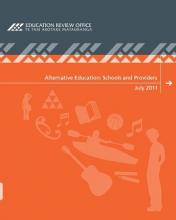Including Students with High Needs Primary Schools
This ERO evaluation reports on primary schools' progress in relation to the Government's Success for All policy. Success for All is about getting all schools to demonstrate inclusive practice for students with special needs.











